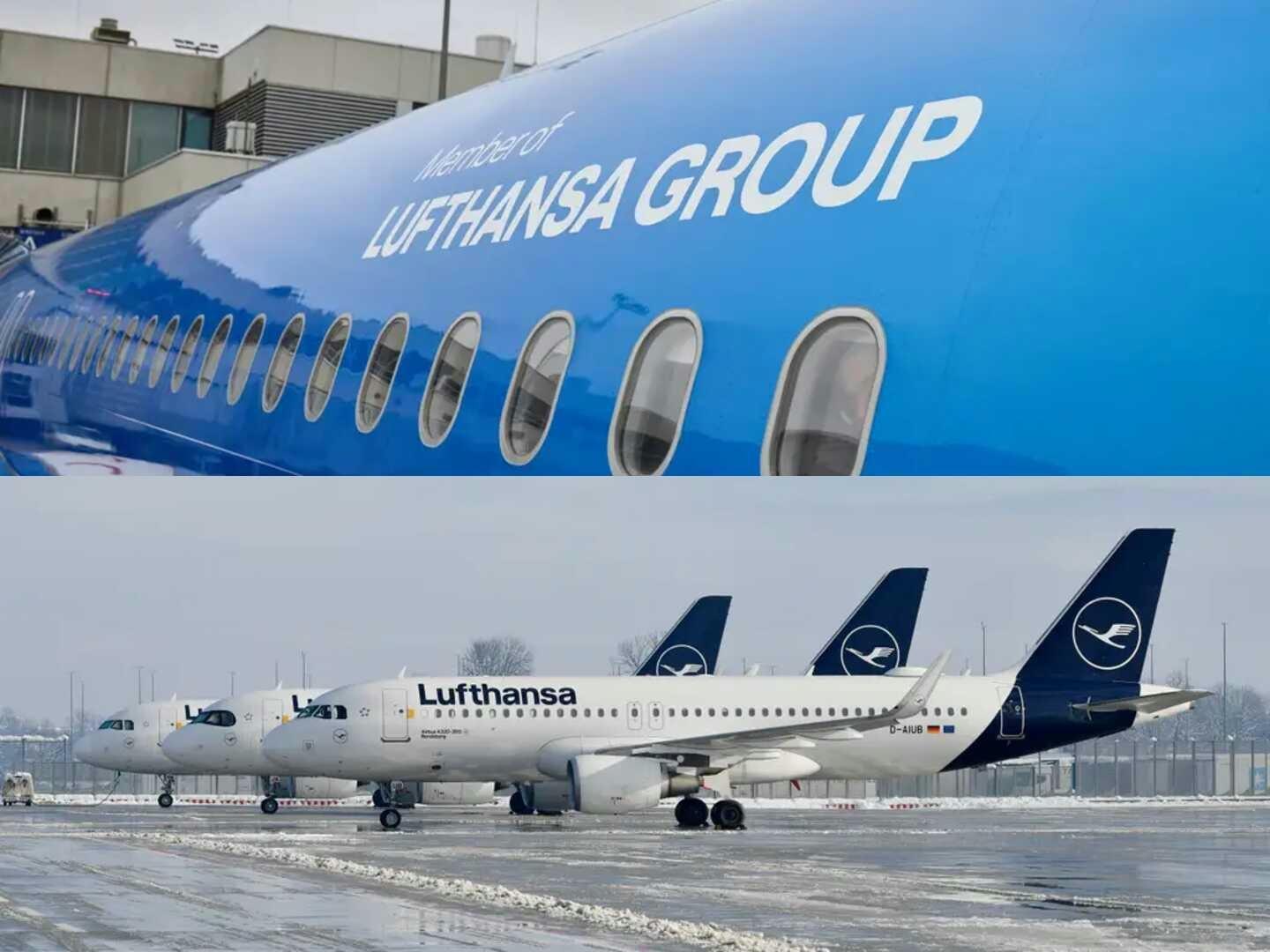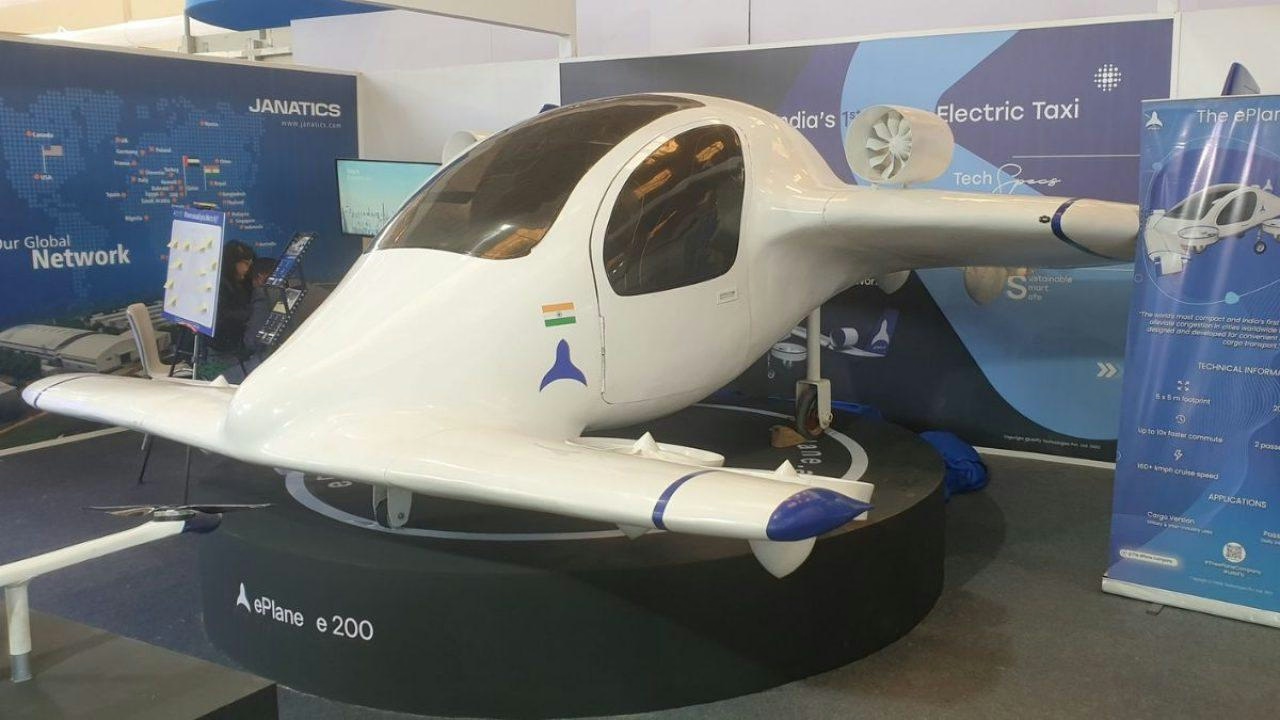エアロジニー — あなたのインテリジェントな副操縦士。
現在のトレンド
Categories
Lufthansa Implements AI-Powered Esker System to Streamline Global Accounts Payable

Lufthansa Implements AI-Powered Esker System to Streamline Global Accounts Payable
Lufthansa is advancing its global financial operations through the implementation of Esker Accounts Payable (AP), an artificial intelligence-driven platform designed to optimize and unify accounts payable processes across its international network. This strategic initiative aims to enhance operational efficiency, reduce manual workloads, and deliver real-time insights to support more informed decision-making. The move underscores Lufthansa’s commitment to maintaining technological leadership within the aviation industry.
Streamlining Complex Global Operations
The Lufthansa Group Business Services (LGBS) division oversees a complex IT environment, operating from centers in Frankfurt, Krakow, and Manila, and managing five distinct enterprise resource planning (ERP) systems. The integration of Esker’s AI-powered solution enables LGBS to automate and standardize accounts payable workflows across these geographically dispersed locations, accommodating multiple languages and currencies. By automating processes from invoice receipt through to payment, the system reduces the risk of errors and minimizes manual intervention. This allows finance teams to redirect their focus toward higher-value activities that contribute to sustainable growth.
Navigating Integration Challenges and Future Developments
Despite the clear benefits, Lufthansa faces typical challenges associated with large-scale digital transformation projects. Initial integration complexities, employee adaptation to new workflows, and the ongoing requirement for comprehensive training represent significant considerations. Nevertheless, early feedback from LGBS personnel has been positive, with project leaders reporting marked improvements in both efficiency and accuracy.
Looking ahead, Lufthansa plans to further enhance its financial operations by integrating Esker’s AP solution with AMOS, a specialized maintenance, repair, and overhaul (MRO) software widely used in the aviation sector. This integration is expected to better align accounts payable processes with stringent airworthiness regulations and improve overall operational efficiency. It will also ensure that Lufthansa’s financial workflows remain scalable to meet evolving internal and regulatory demands.
Industry Impact and Market Reactions
Lufthansa’s adoption of AI-driven automation reflects a broader industry trend toward intelligent process automation, as noted by Thomson Reuters. The market has responded positively to the airline’s initiative, anticipating significant cost savings and operational improvements. However, some skepticism persists regarding the long-term capacity of AI systems to manage complex financial tasks reliably. Competitors are likely to respond by either adopting similar AI technologies or enhancing their existing systems, potentially driving a shift in industry standards toward greater automation and digital integration.

Archer Aviation Partners with NVIDIA to Advance Aviation AI Technology

Chennai Startup to Develop India’s First Electric Air Taxi

Factors Positioning Airbus for Leadership in 2026

Emirates Unveils Cabin Design for New Boeing 777X

Eighteen Years On, the Airbus A380 Remains Central to a $34 Billion Airline

How a boom in luxury airline seats is slowing down jet deliveries

Navitaire Outage Attributed to Planned Maintenance

Airbus Plans Record Delivery of 870 Aircraft in 2026

DigiYatra Debuts Outside Aviation at India AI Impact Summit

Vietnam Orders Strengthen Boeing’s Commercial Outlook
